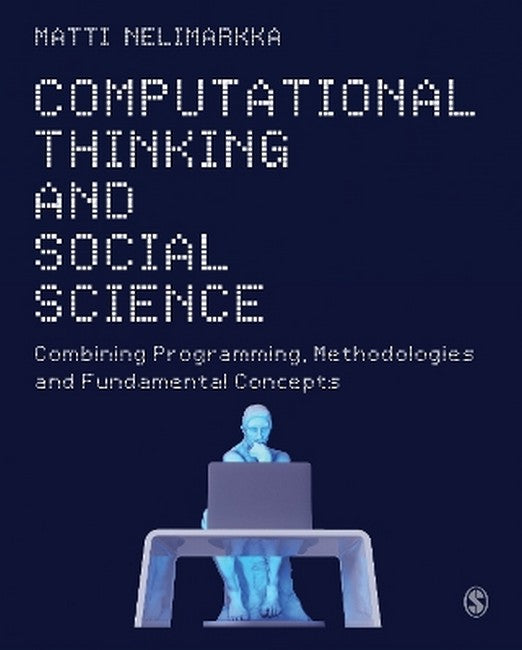Matti Nelimarkka has over a decade of experience in teaching programming: from high school students and freshmen in computer sciences to generic introduction courses for STEM and social science students. He also regularly teaches research method, both traditional and computational to students in STEM and social science, with a special focus on graduate students and advanced computational research methods. His experiences combined with research-based insights on programming education provide him a deep understanding how to make learning fruitful and effective for students. In his scholarly work on computational social science, Dr. Nelimarkka has focused on the essential role of social science theories to structure research formulation and then pinpointing and - when necessarily - developing new tools and approaches to tease out an answer to this question. In addition, his work in the critical algorithm studies gives insights to the challenges of reliability and validity, often not sufficiently addressed in computational social science. This book brings together his experiences across programming and conducting social science has led him to develop an approach where computational thinking and programming are blended with empirical research questions and methods and for higher level questions of doing new kind scholarly work with social science.
Request Academic Copy
Please copy the ISBN for submitting review copy form
Description
New kind of social science requires new skills Computational Thinking, Algorithms and Writing Code Data Science Network Analysis Data Structures Simulations and Complex Systems Interactive Systems Best Practice for Software Development Computation and Data: Collection, Storage and Manipulation Computational Social Science Research Ethics in Computational Social Science Mistakes and Quality of Results in Computational Social Sciences Integrating Computational Methods in Research
Matti Nelimarkka's Coding Social Science is ambitious and wide-ranging. It is among the first to provide a detailed exposition of what it means for a social scientist to think computationally. The wealth of applied examples it unpacks is at once a rich resource and testament to the diversity of this field. Nelimarkka also helps to organise our thinking when it comes to what this field actually is through his attention to the conceptual underpinnings of computational inquiry. Most impressively, the book provides solutions to programmatic problems across three languages-a gift for any instructor trying to demystify coding for the budding computational social scientist. -- Christopher Barrie A comprehensive and practical reference for social scientists who want to go computational, with many whats and hows, without forgetting the nots - a book to read, to think, and to use! -- Matteo Magnani

